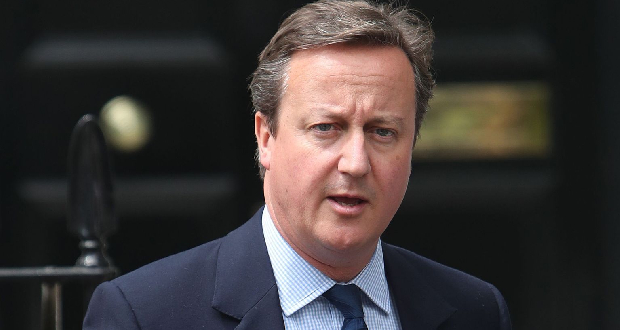Publicité
Ponzi dream

The recent revelations of the illicit activities of “White Dot”, “Sunkai” et al. and the delirious gullibility of those who invested in these pyramid schemes have rightly shook the country to its core. With the help of policemen and preachers, scores of Mauritians have been defrauded of hundreds of millions of rupees, some of it hard earned, some of it of dubious provenance. A crying shame. Yet, like it or not, these massive financial confidence tricks are apt metaphors for the state of our economy as a whole. Take the economic reforms that were conducted between 2005 and 2010. We were told in no uncertain terms that our future depended on embracing globalization and opening up the economy, which of course is just another term for facilitating the movement of money. Fiscal rationalization and devious labour laws were introduced, ostensibly to make the country a more attractive destination for investors wanting to park their cash in the form of Foreign Direct Investment (FDI).
And what do we have to show for it? Debt, lots of it and at every level. A baby born today in Mauritius automatically inherits a debt of over Rs150 000, and that’s before it even tastes its first pot of “Blédina”. Call it the price of citizenship. And then, of course, there are the other warning signs: rising unemployment and spiraling private over-indebtedness, and all the social ills that accompany them. Now, some people will try to put these all down to the decline of our traditional markets, but that’s only part of the picture. For how much of the economy is directly reliant on European business? A sizeable slice to be sure, but the writing has been on the wall for long enough. The real story of the past few years, though, is that the economy was running on steroids without any reinforcement of its foundations. When it flagged, stimulus packages were introduced to artificially prop up indicators.
But it’s even more cynical than that: when the going was good, government baulked, for instance, at offering a minimum wage, while companies kept salaries as low as they could, at least at the bottom of the ladder. Nowadays of course people should just be grateful to have a job at all. But do you hear any business leaders or top economic advisors question the model that got us here? Did “Liverpool” win the league? Virtually every time there’s a murder you hear the habitual clamour for the reintroduction of the death penalty. Well, now that government debt has come to exceed the Rs 200 billion mark, can we expect a drive for our more prosperous countrymen and women to shoulder their fair share of the tax burden? Or is that beyond the pale? Strangely, it appears that it is. And what does the International Monetary Fund have to say about all this? Public spending should be more efficient. This brainstorm will doubtless come as big news to all us who read the director of the Audit’s yearly report.
So yes, “White Dot”, “Sunkai” et al. have rightly grabbed the headlines. But scratch the surface and you’ll find some eerie parallels between those Ponzi schemes and the “real economy”. What does that make us? Well, we’re just extras in the great Ponzi dream.
Publicité
Les plus récents






